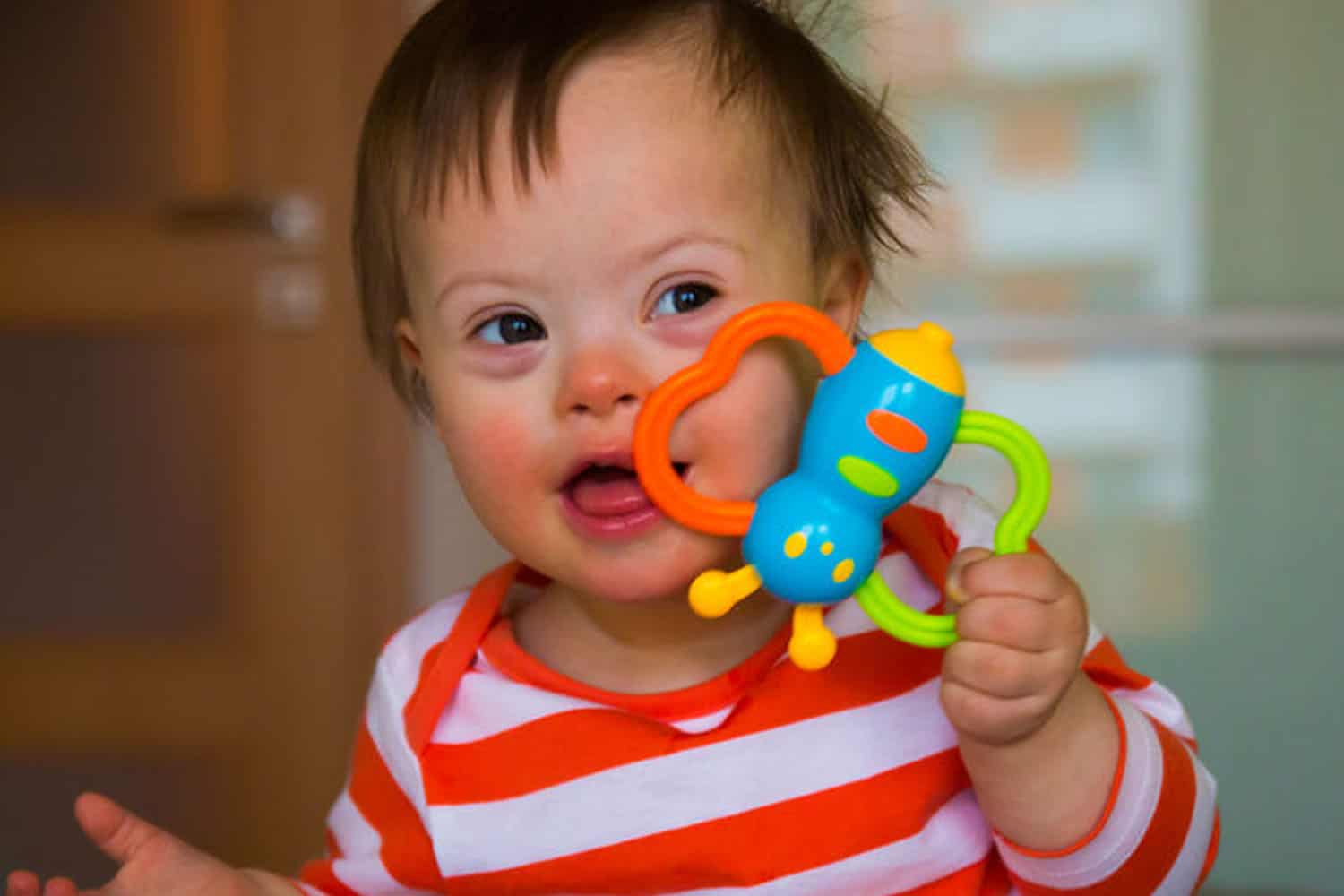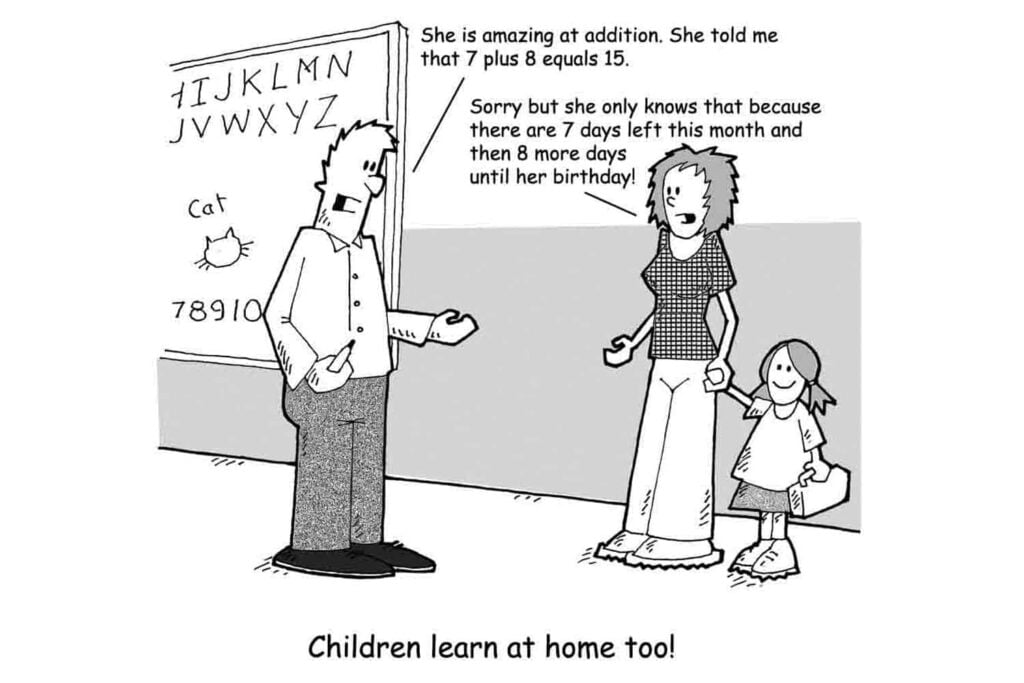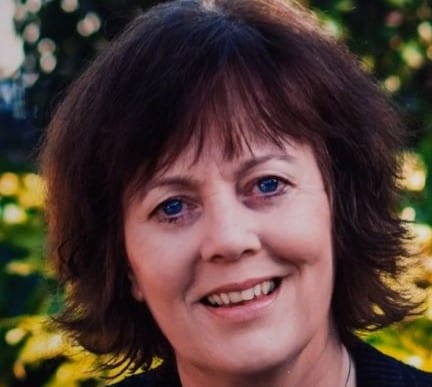At the 2011 forum we focused on early childhood education and care policy, and in particular on children’s rights and best interests. The Forum was held in Wellington on 31st March 2011.
Below if a name is ‘blue’ – it means we can provide here a copy of the speech or notes for that session. Click on the name or title to read the speech or notes.
| 9.30am | Hon Anne Tolley, Minister of Education (click here to read speech) |
| 10.15am | Dr Frances Press, Australia (click here to read presentation) |
| 10.45am | Dr Mary Moloney, Ireland (click here to read presentation) |
| 11.30am | Sue Moroney MP, Labour’s spokesperson for ECE (click here to read speech) |
| 1pm | Discussion Groups 1 a) Qualifications and qualification recognition b) Use of public funding to incentivise improvements in early childhood service quality c) Home-based ECE and care issue |
| 2pm |
Discussion Groups 2 |
| 3pm | Dr John Angus and Janis Carroll-Lind, Office of the Children’s Commissioner (click here to read power-point slides) |
| 3.45pm | Discussants 1. Michelle Rush, parent perspective (click here to read paper) 2. Julie Timmins, child poverty perspective 3. Faith Martin, early childhood service manager perspective (click here to read paper) |
Abstacts
Dr Frances Press
“Children at the Heart of Early Education and care: Critical Influences, Issues and Debates”
This presentation discusses the development of early childhood education and care policy internationally and the impact of, often competing, influences on the shape of ECEC. Early childhood educators have often been at the forefront of advocating for the rights of very young children. Nevertheless, some policy drivers, inadvertently or otherwise, overshadow the reality of children’s experiences in early education settings. By examining the push and pull of diverse influences on early childhood education, it will be argued that the best early childhood practice is supported by policy that places children’s rights, interests and perspectives at its heart.
Dr Mary Moloney
From Vision to Practice – Are Children at the Centre or clinging on at the Periphery of Practice within ECCE provision?
Have you ever wondered about the meaning of concepts such as child-centred practice, children’s agency and active learning? You are not alone. Such concepts are frequently used in relation to ECCE provision. They have been shaped by the UN Convention on the Rights of the child. Thus, children are increasingly recognised as being “able, willing and reliable contributors within their own significant social contexts of home and school” (Wyness, 2000, p. 2-23). What does this construction mean for children as they go about their daily life within settings? What does it mean for practitioners working with young children on a daily basis? What role do policy makers play in ensuring that the vision for children espoused in policy becomes a reality within practice? Drawing upon child observations and interviews with ECCE providers and practitioners during a PhD study, this presentation portrays an image of the child within ECCE provision in Ireland, highlighting the multiple barriers that stand in the way of realising children’s agency as an everyday phenomenon in daily practice.
Dr John Angus and Dr Janis Carroll-Lind
Through their Lens: An Inquiry into the Formal Education and Care of Infants and Toddlers
The Office of the Children’s Commissioner (OCC) has a statutory responsibility to be an independent advocate for children and to investigate matters affecting them. New Zealandis moving quickly towards non-parental (formal) education and care for infants and toddlers, with this age group currently having the fastest growing number of enrolments in formal early childhood services (ECS). Therefore one of OCC’s priorities for 2010 was to consider the provision of ECS for infants and toddlers from a theoretical perspective of children’s interests. This presentation reports on the findings of the inquiry. There are risks to be managed. Key policy and practice issues are identified. The conclusions from this inquiry about what might be in children’s best interests are made in a context in which many parents do not have a choice, or that their choice is constrained. Whether the substitution of parental care for non-parental care results in an increase or decrease in child wellbeing depends on the quality of provision.
Speaker Information
Anne Tolley is MP for East Coast and since January 2010 she has been Minister of Education and Minister Responsible for ERO. Anne was first elected to parliament on the National Party list in 1999, and was appointed Spokesperson on Women’s Affairs and Early Childhood. In 2005 she returned to parliament and was elected Junior Whip, and given the Child, Youth and Family portfolio. Anne remains passionate about securing a healthy and secure environment for children, young people and families, and campaigns strongly against family violence and child abuse. In 2006 Anne was elected Senior Whip, the first woman to hold the position in the National Party. In 2008 she took over the Education portfolio. She was re-elected as MP for East Coast in the 2008 General Election, with an increased majority, and was appointed Minister of Education, Minister for Tertiary Education, and Minister Responsible for ERO.
Dr Frances Press is a senior lecturer in early childhood education at the School of Teacher Education, Charles Sturt University, Bathurst. She has a long-standing interest in early childhood policy. In 2000 she co-authored (with Alan Hayes) the Australian Background Report for the OECD Thematic Review of Early Childhood Education and Care and her recently completed doctorate provided a critical examination of early childhood policy in Australia. She is currently involved in research on: integrated early childhood services; understanding the policies and practices that support high quality in early childhood programmes; and investigating what life is like for infants in childcare.
Dr Mary Moloney has been involved in leadership in Early Childhood Care and Education in Ireland for many years. Having worked as a childcare provider for over a decade, Mary worked as Coordinator of the Limerick City Childcare Committee from 2003 to 2009. She currently lectures in Early Childhood Studies at Mary Immaculate College, University of Limerick, Ireland. Her interest in ECCE is strongly influenced by international perspectives that have been shaped by research visits to Denmark, Slovenia and, the renowned early education centre, Reggio Emilia, Bologna, Italy. Her research interests are underpinned by changes presently occurring in the early childhood field in Ireland. Not since the introduction of the Childcare (Pre-school Services) Regulations in 1996 has the sector been subjected to so much social, cultural and educational change. Mary’s interest lies in exploring the implications of these changes and the capacity of the sector to meet ambitious policy targets. Mary’s PhD research for which she received the Mary Immaculate College Doctoral Award, 2009, examines the impact of national and international early education policies in pre-school and primary contexts. Her research explores not only the roles and relationships of children but how these intersect with those of teachers, students, regulatory and support agencies, as well as policymakers as agents for change in ECCE. Recent publications include “Unreasonable expectations: The dilemma for pedagogues in delivering policy objectives” and Professional identity in early childhood care and education: perspectives of pre-school and infant teachers.
Sue Moroney is Labour’s spokesperson on Early Childhood Education and Aged Care. She is the deputy chair of the Education and Science Select Committee. Sue was elected to parliament in 2005, when she sat on select committees dealing with health, industrial relations and transport. She also held the position of Junior Government Whip during 2007/2008. Prior to her parliamentary career, Sue was involved in various campaigns including campaigning to keep the Waikato Plunket family centre open, against health cuts in the 1990s and working to protect and improve low-paid workers’ wages. In former employment, Sue has been a self-employed trainer of health and safety representatives, a union organiser and educator for the NZ Nurses’ Organisation, regional educator for the Trade Union Education Authority and National Secretary for the NZ Equine Workers’ Union. Sue also has a background in journalism.
Dr John Angus is an historian by academic training, a social worker by trade and a policy advisor by profession. He worked as a social worker in Dunedin from 1977 to 1986 and in senior government child and family policy roles in Wellington until 2006. John was appointed Children’s Commissioner in April 2009.
Dr Janis Carroll-Lind is the Principal Advisor (Education) at the Office of the Children’s Commissioner. She is a qualified teacher and has taught across a wide range of early childhood, school and university settings.









